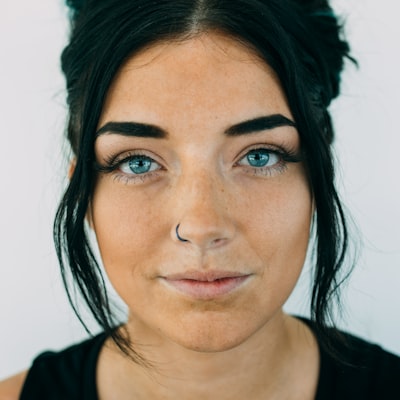Inpatient Treatment - What You Need To Know

Staff Writer-Huang Wilkerson
Whether you are dealing with an addiction or a psychological wellness issue, you need the appropriate treatment to recoup. Inpatient treatment deals extensive therapy and also a risk-free, helpful atmosphere to aid you come back on your feet.
Often, clients with serious alcohol and also drug abuse troubles do best in domestic therapy programs. They are gotten rid of from difficult scenarios that trigger their urge to use, and are focused on discovering brand-new life skills.
Extensive Therapy
Intensive treatment is a great option for individuals who wish to make a major influence in the therapy procedure. This treatment version focuses on even more regular treatment sessions than routine outpatient treatment, which can be beneficial when tackling complex behavioral health concerns like dependency or trauma.
Usually, people require even more time to concentrate on their underlying problems than they can get in traditional outpatient sessions. This is why intensive treatment is so reliable at aiding you to overcome psychological problems, permitting you to completely address the root of your issue and work in the direction of recovery from them.
Relying on your needs, intensive treatment can be completed in just 30-60 days. Nevertheless, NIDA recommends a minimum of 90 days of therapy to ensure your recuperation.
Totally Personalized
Whether you are in the market for a top-of-the-line facility or just seeking to conserve some money, this is a great time to check out your alternatives. Inpatient or outpatient, you make certain to locate a program that fits your needs as well as your budget. With a little preparation and research study, you're sure to discover a treatment program that will deliver the very best possible results. From there, you'll have the ability to make your method down the hall to the workplace of your desires and beyond. From here, you'll be able to delight in a healthy work-life equilibrium, one that you can extol to your friends and family for many years ahead. The very best component is you'll likely never ever need to return. You may also have the possibility to redeem your life and also recover your sanity.
24-Hour Care
If a patient needs help around the clock, 24-hour treatment is a great alternative. This kind of care provides a caregiver whatsoever times, with a fresh one being available in every 8 or 12 hrs to assist your enjoyed one.
This is a fantastic choice if your elderly liked one is prone to wandering or has regular clinical demands. This type of care additionally maintains your loved one much safer due to the fact that the caregiver is always there.
Inpatient Therapy is a degree of treatment that requires clients to remain in a household treatment facility for a time period, usually one month or more. It's developed to deal with material use disorders and also co-occurring mental wellness problems.
Support system
If you are struggling with mental disease, a medical issue, or a dependency, there are support groups for you. These teams can assist you discover a feeling of link and also assistance, in addition to urge you to maintain working toward your healing.
The goal of support groups is to use individuals an area where they can chat openly regarding their issues and also share advice. This can be especially practical if you have no person else to speak to about your concerns.
Often, they are developed to match a therapy program or treatment. They can include 12-step groups, common support groups for pals or family members of individuals that have conquered their addictions, and online support system.
Medical Surveillance
Clinical surveillance is the process of determining and taping patient-related specifications. It is a crucial device for examining the progress of disease.
For https://www.webmd.com/mental-health/addiction/news/20211014/cdc-reports-record-high-12-month-drug-overdose-death-toll , a medical monitor will determine a criterion such as oxygen saturation and also document it in a table or chart. These worths reflect the person's standing at the time of surveillance.
Medical surveillance programs are mostly made to boost the security of hospitalized people. Nonetheless, some researchers think that medical monitoring might likewise have an effect on hospitalization rates by helping medical professionals acknowledge very early signs and symptoms of deterioration, such as hypoxemia as well as breathing anxiety, before they become severe.

